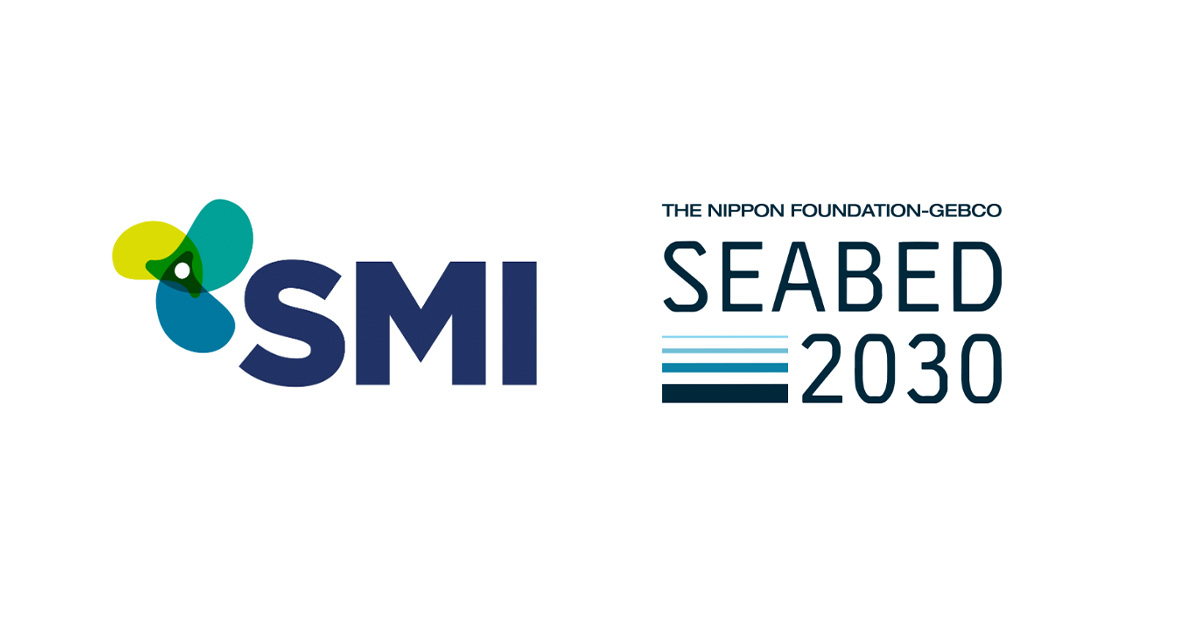A new partnership has been announced between The Nippon Foundation-GEBCO Seabed 2030 Project and the Society of Maritime Industries (SMI), a leading trade association representing the UK's maritime engineering and business sectors.
The parties will work together to advance the field of ocean science, in pursuit of the complete map of the world’s ocean floor.
Seabed 2030 is a collaborative project between The Nippon Foundation and the General Bathymetric Chart of the Oceans (GEBCO), which seeks to inspire the complete mapping of the world’s ocean by 2030, and to compile all the data into the freely available GEBCO Ocean Map. The Project is formally endorsed as a Decade Action of the UN Ocean Decade. GEBCO is a joint program of the International Hydrographic Organization (IHO) and the Intergovernmental Oceanographic Commission (IOC) and is the only organization with a mandate to map the entire ocean floor.
Representing over 170 member organizations involved in various sectors of the maritime industry, SMI has been instrumental in driving developments and innovation within the maritime sector—it is also a trusted advisor to the UK government and actively seeks out ways in which the industry can progress as a whole.
SMI’s approach is entirely member-focused, with members’ interests represented by six councils centering on marine science and technology; commercial marine; maritime autonomous systems; digital technology; ports infrastructure; and maritime defense and security.
“We are delighted to welcome the Society of Maritime Industries to our network of partners,” commented Seabed 2030 Project Director Jamie McMichael-Phillips. “SMI is able to contribute a wealth of industry knowledge and resources which will help us edge closer to our goal of 100 percent of the ocean floor mapped by the end of the decade.”
Chief Executive of SMI Tom Chant MBE, said: “By collaborating with Seabed 2030, we aim to help facilitate knowledge sharing, foster innovation, and drive sustainable growth within the maritime industry.
“The comprehensive mapping of the ocean floor is essential to unlocking new opportunities across various sectors and, crucially, for environmental conservation.”
All data collected and shared with the Seabed 2030 project is included in the free and publicly available GEBCO global grid.



